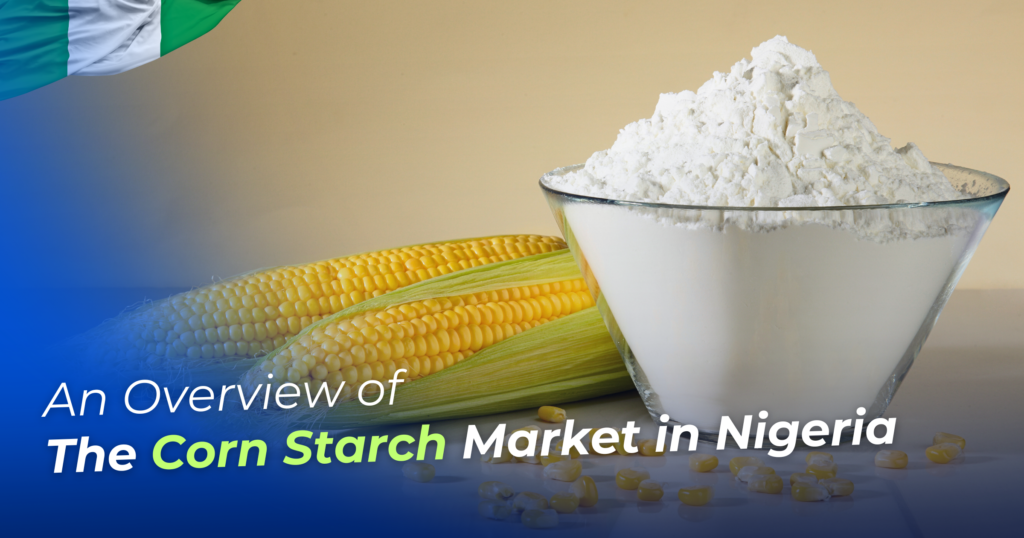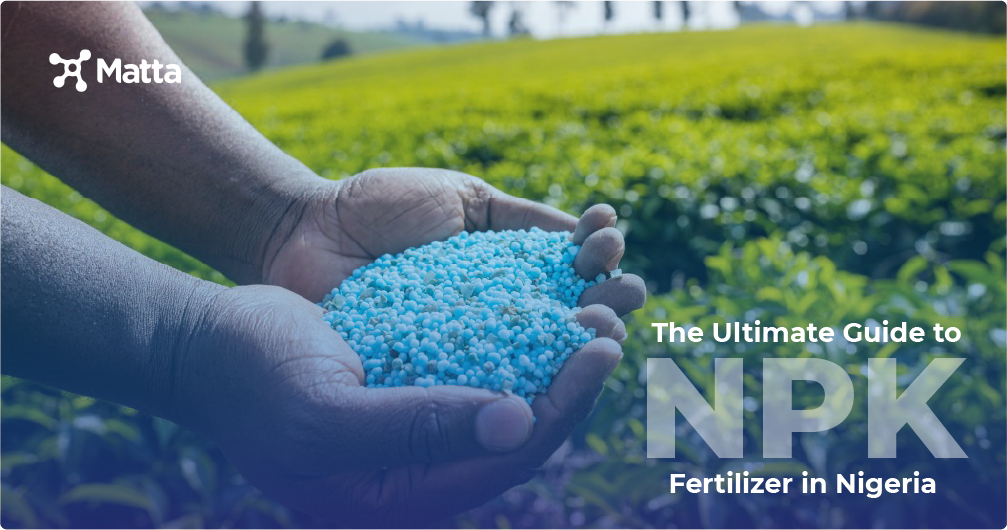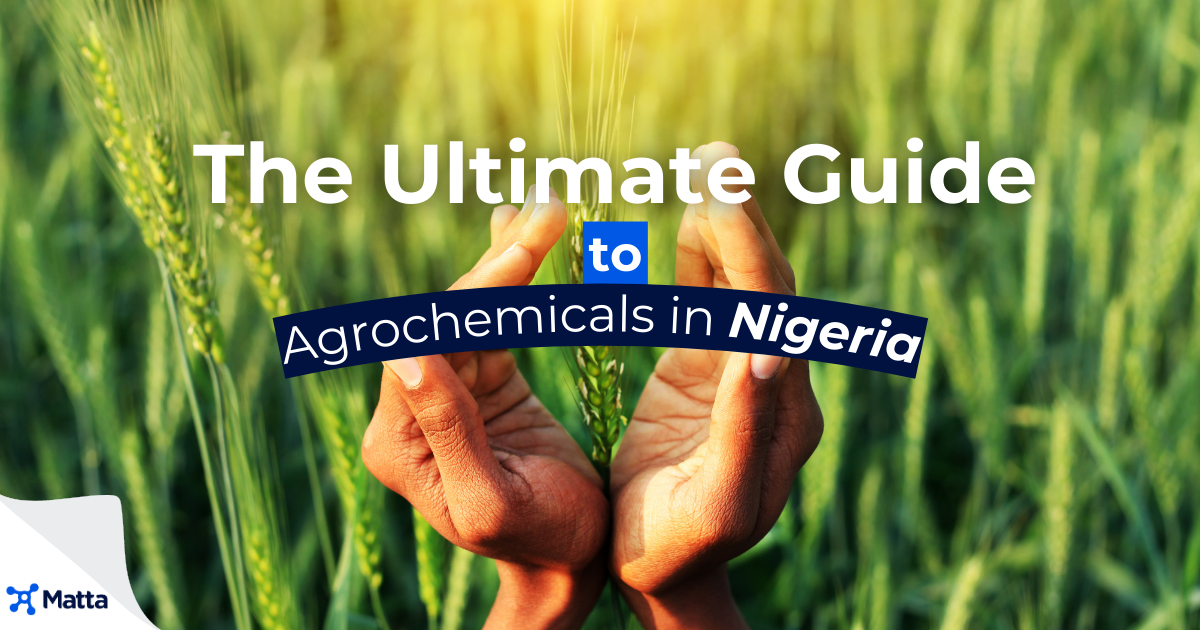
Corn starch, a versatile and ubiquitous ingredient, has been woven into Nigeria’s diverse culinary and industrial landscape. Derived from the endosperm of corn kernels, this white, powdery substance serves as more than just a thickening agent for soups and sauces.
It’s a silent yet significant player in various sectors, from food and beverages to pharmaceuticals and textiles.
But what exactly is corn starch, and why does it hold such a pivotal role in Nigeria’s economy?
Whether you’re a manufacturer looking to source high-quality corn starch, a policymaker interested in its regulatory framework, or a consumer curious about the science behind everyday products, this article is your one-stop guide to understanding the corn starch market.
If you thought corn starch was just for thickening gravy or making custard, prepare to have your mind blown. Corn starch is like the multi-talented artist who can sing, dance, and act in the industrial world—it’s got range!
Corn Starch Production in Nigeria
It has a rich history in Nigeria, evolving from humble beginnings to an industrial staple. Maize, deeply rooted in Nigerian agriculture, has been cultivated for centuries. However, the shift from farm-to-factory began in the late 20th century, driven by advancements in processing technology and a growing manufacturing sector.
Today, corn starch plays a critical role across industries, including food, pharmaceuticals, textiles, and even biofuels. Its rise is fueled by government incentives for agro-based industries, improved agricultural practices, and increasing consumer demand from a growing middle class. This journey reflects Nigeria’s broader economic development.
Applications of cornstarch
What can corn starch do for your business? Trust me, this isn’t just about food; It is is a multi-industry marvel. So, buckle up as we explore the various applications of this versatile ingredient and why you should be paying attention.
Firstly, corn starch plays a vital role across industries. In food and beverages, it serves as a sauce thickener and prevents sugar crystallization in candies. Also, in pharmaceuticals, it acts as a binder and disintegrant in tablet formulations, ensuring quality and pharmaceutical grade.
Furthermore, the textile industry benefits from corn starch as a sizing agent to strengthen yarn and resist abrasion, creating opportunities for importers. In the paper industry, it is used for sizing and coating, offering niche market potential with specialised grades.
So, why should you, the savvy importer or trader, care about all these applications? Simple. The more you know about the different uses of corn starch, the better you can tailor your import strategy. You can identify the most profitable markets, negotiate better deals, and even bundle corn starch with other products for cross-selling opportunities.
Import and Export Trends of Corn Starch in Nigeria
Let’s get into the landscape of Nigeria’s imports and exports presence, helping you understand how to make the most innovative business moves.
Nigeria imported corn starch worth approximately $71 million in 2021, down 4.37% compared to 2020’s $74 million. Key import partners include Turkey (45%), China (20%) and India (11%), with imports mainly consist of Maize (corn) starch (76%), Wheat starch (7.23%), and Potato starch (5.34%).
However, exports have totaled approximately $161 thousand, a significant decrease of 62% compared to 2020. Ghana (97%) and UK (2.74%) are export destinations. Maize starch dominated exports at 97%, with cassava starch making up the rest.
The corn starch market in Nigeria is dynamic, and understanding these import and export trends can give you a competitive edge. Whether you’re an importer looking for the best deals or a trader eyeing new markets, this data is your roadmap to making informed decisions.
Key Players in the Nigerian Corn Starch Market and Their Industry Impact
In a rapidly evolving market like Nigeria, understanding the key players in the starch industry is crucial for anyone looking to enter or thrive. These companies set the pace and significantly influence market trends, pricing, and innovation.
Cargill and ADM dominate the market with high-quality products and influence over pricing, with local companies like NSM Foods Limited and Matna Foods meeting market-specific needs through high quality and affordability.
DSM and Kerry Group bring European innovation, while Ingredion offers specialty starches catering to food and pharmaceuticals. Tate & Lyle provides a robust distribution network.
Together, these global and local players shape Nigeria’s growing corn starch industry, offering a mix of innovation, quality, and accessibility.
Impact on the Industry
Companies like Cargill and ADM ensure competitive pricing benefiting the end consumer, while DSM and Kerry Group have introduced new applications to push the boundaries of corn starch. The quality of corn starch has significantly improved with the presence of international players, as local companies like NSM Foods Limited and Matna Foods prove their worth in the local economy growth.
The diverse range of applications these companies offer has led to market expansion, and understanding these key players and their impact can provide invaluable insights for importers and traders looking to make informed decisions in the Nigerian corn starch market.
Quality Control in Corn Starch Production
Let’s understand why quality control in corn starch production is a big deal and how to ensure you’re on top of it.
Whether you’re importing or trading corn starch, the quality of the product you deal with directly impacts your reputation, customer satisfaction, and, ultimately, your bottom line. Quality control in corn starch production is not just a regulatory requirement; it’s a business imperative. Whether you’re an importer or a trader, maintaining high quality is your ticket to long-term success in this competitive market.
Quality Parameters
Let’s get technical for a moment. Here are some key quality parameters you should be monitoring.
Corn starch quality depends on key factors such as purity, moisture content to prevent spoilage, pH level (around 4-7), viscosity for industrial applications and particle size.
To ensure these quality standards, the use of lab testing, viscometers, sieve analysis and certificates of analysis, to ensure the product meets all parameters for quality.
Regulatory Framework and Compliance in the Nigerian Corn Starch Market
Navigating the regulatory landscape is critical for importers and traders in the starch industry. In Nigeria, several agencies oversee the quality and safety of food and industrial products, including corn starch.
Key Regulatory Bodies
- National Agency for Food and Drug Administration and Control (NAFDAC): Responsible for regulating and controlling the manufacture, importation, exportation, distribution, and sale of food, drugs, and other related products. It is essential to register with NAFDAC and obtain necessary permits, indicating the ingredients, date of manufacture, and expiry date, among other details.
- Standards Organisation of Nigeria (SON): SON sets the industrial standards for various products, including corn starch, ensuring they meet international quality benchmarks. This includes regular inspections to set quality standards.
- Nigeria Customs Service (NCS): This body oversees the import and export duties and ensures that all traded goods comply with Nigerian law. Furthermore, importers must provide accurate documentation, including invoices, packing lists, and certificates of origin.
- Federal Inland Revenue Service (FIRS): Importers and traders must adhere to the tax regulations set by the FIRS.
Future Outlook and Investment Opportunities in the Nigerian Corn Starch Market
The future of the corn starch market in Nigeria is laden with opportunities. Whether you’re an importer, a trader, or someone looking to invest, understanding the market dynamics, key players, and future trends can give you the upper hand.
As sustainability and innovation grows, we’ll witness a growing focus on eco-friendly and innovative uses of corn starch, ramping up the local production and sourcing of corn starch, leading to a great potential for export markets to open up due to quality meeting international standards.
With the rise in local demand, investing in research and development, and corn starch production facilities would benefit the supply chain, meeting growing demand, and offering high returns. Also, there will be need for a quality control lab to ensure product standards, leading to the setting up of an export-oriented unit to tap into international markets.
What This Means for Importers and Traders
- Diversification: The expanding market offers opportunities to diversify your product offerings.
- Strategic Partnerships: Partner with local producers to reduce costs and improve supply chain efficiency.
- Market Research: Keep an eye on emerging trends and consumer demands to stay ahead of the curve.
- Long-Term Planning: Given the positive outlook, now is the time to make long-term investment plans.
The Corn Starch Value Chain in Nigeria: A Detailed Overview
Raw Material Sourcing
The journey of corn starch begins at the farm where corn is cultivated. Farmers grow corn specifically for starch production or sell surplus corn to manufacturers. The quality of corn is crucial at this stage, as it directly impacts the quality of the final product.
Transportation
Once the corn is harvested, it’s transported to processing facilities. This involves logistical planning to ensure the corn reaches the facilities in optimal condition. Warehousing plays a significant role here, as proper storage conditions are essential to prevent spoilage and maintain quality.
Processing and Production
At the processing facility, the corn undergoes several stages to extract starch. This starts with cleaning the corn to remove impurities and then milling to break down the kernels. The starch is then extracted and refined through a series of processes, including centrifugation and drying. Quality control is integral at this stage to ensure the starch meets industry standards.
Packaging
After processing, the corn starch is packaged based on its intended use. It’s usually packaged in bulk for industrial applications, while consumer-focused products are packaged in smaller, retail-friendly sizes. Packaging also involves labelling, which must comply with regulatory standards.
Distribution Channels
The packaged cornstarch is then distributed through various channels. Manufacturers may purchase directly from the processing facility, while wholesalers and distributors handle larger-scale distribution. Retail outlets and online platforms cater to individual consumers. Each channel has its own set of volume, packaging, and pricing requirements.
End-User Industries
Corn starch finds applications in a multitude of industries. It’s used as a thickening agent in the food and beverage sector. The pharmaceutical industry uses it as a binder in tablet formulations. Textile and paper industries also utilize corn starch for various purposes, adding layers of complexity to the value chain.
Export and Import
Nigeria imports specialized types of corn starch for specific industrial applications. Conversely, there’s also an emerging export market, especially to neighbouring countries. Import and export activities are subject to regulatory compliance, customs duties, and quality checks.
Regulatory Compliance
Compliance with regulations is a critical aspect of the corn starch value chain. This involves obtaining necessary approvals from agencies like NAFDAC and adhering to standards set by the Standards Organisation of Nigeria (SON). Importers and exporters also have to navigate customs regulations to ensure smooth operations.
Market Trends and Future Outlook
Understanding market trends and consumer behaviour is essential for anyone involved in the corn starch value chain. This includes monitoring demand fluctuations, pricing strategies, and emerging trends like sustainability and technological innovations.
The future of the corn starch market in Nigeria looks promising, with opportunities for growth and investment at every stage of the value chain. From sustainable farming practices to innovations in processing technology, the industry is ripe for disruption.
Understanding the intricacies of this value chain can provide invaluable insights for stakeholders, whether you’re a farmer, a processor, an importer, or a trader. It’s not just about knowing each stage but understanding how they interconnect to form the bigger picture.
Final Thoughts
The rise of corn starch production in Nigeria is like watching a startup go from a garage operation to a Fortune 500 company. It’s a story of innovation, investment, and good old-fashioned hustle.
Back then, corn starch was mostly a byproduct of maize milling, often relegated to small-scale, local applications. But as Nigeria’s industrial sectors started booming, the demand for high-quality, industrial-grade corn starch skyrocketed. We’re talking state-of-the-art processing facilities, cutting-edge extraction methods, and a focus on quality that would make any importer’s heart sing.
So there you have it—a complete guide to the corn starch market in Nigeria. Armed with this knowledge, you’re not just surviving; you’re poised to thrive.
And that’s a wrap! I hope you found this guide insightful and actionable. Ready to make your mark in the corn starch market?




